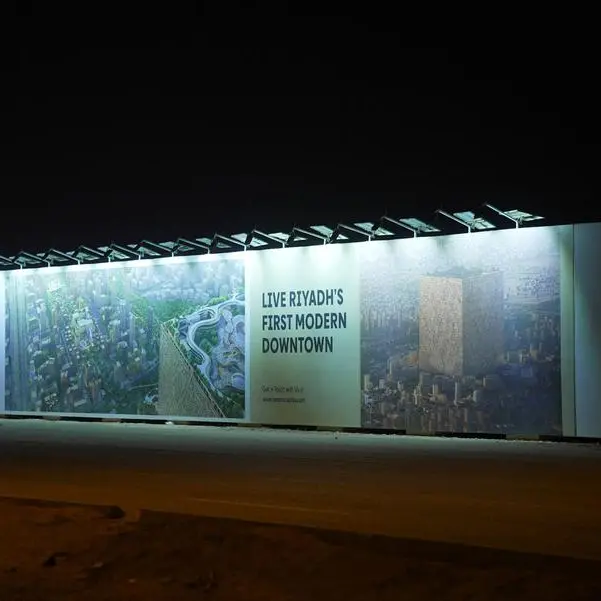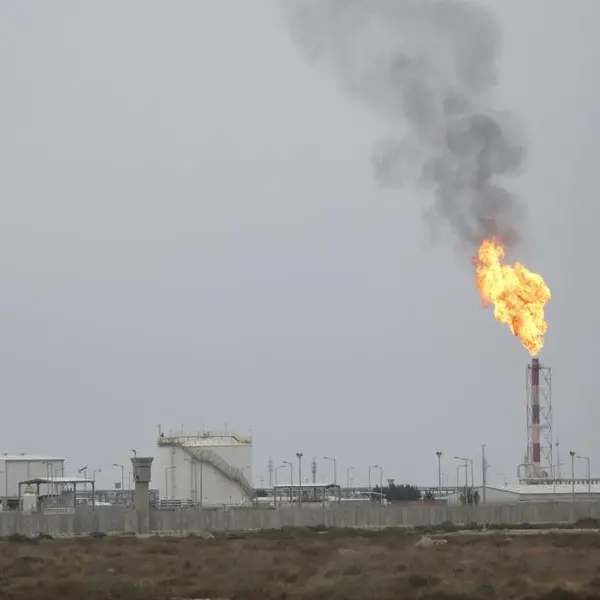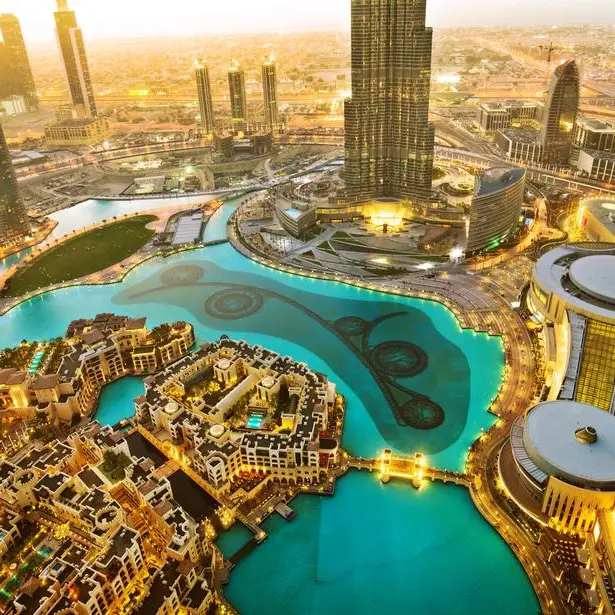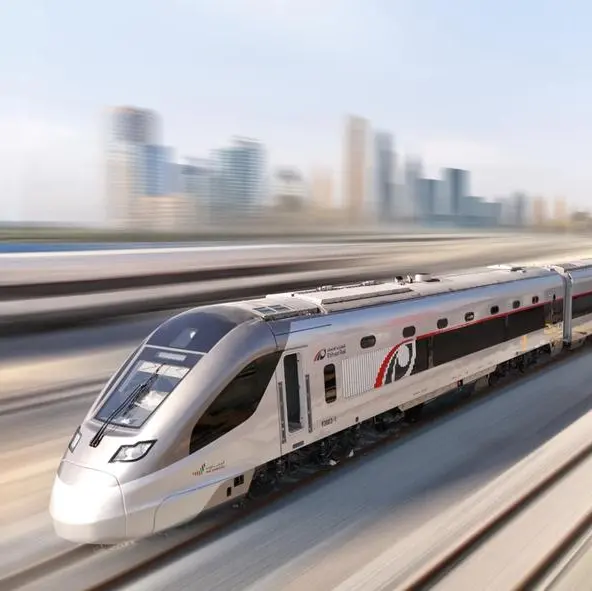PHOTO
Riyadh is currently hosting the fifth Future Investment Initiative forum. There is an extensive program of activities spanning several days, but one of the primary objectives is to showcase Saudi Arabia’s great efforts to reform the way business is done in the country to help its diversification drive and lessen its dependence on oil and other natural resources.
The challenges are enormous. Not only does the Kingdom encounter the usual obstacles faced by industrializing countries, such as funding and the development of a skilled labor force, but also difficulties associated with its long reliance on oil extraction and the dominance of government spending as the engine of growth. Other obstacles include outdated social restrictions and government red tape. Saudi Arabia is seeking to become a “normal” country, wherein private investment and consumer spending drive growth. It also wants to normalize social life and reduce bureaucratic inertia to speed up the delivery of government services via digitalization.
To achieve that, it has started an unprecedented transformation process. The new National Investment Strategy, which Crown Prince Mohammed bin Salman launched this month, is an important part of that transformative process. It is designed to help achieve the Kingdom’s key Vision 2030 objectives, especially diversification, job creation and sustainability. The vision seeks to increase the private sector’s contribution to 65 percent of gross domestic product by 2030. Other targets include increasing foreign direct investment’s share of GDP to 5.7 percent and non-oil exports from 16 to 50 percent, while lowering the unemployment rate for Saudi nationals from 11 to 7 percent.
The investment strategy revolves around “empowering” private investors by developing viable opportunities and providing financing solutions, as the crown prince said at its launch. Sectors targeted for promotion include manufacturing, renewable energy, transportation, logistics, tourism, healthcare, and digital infrastructure. Altogether, there are about 40 initiatives to enable the strategy to transform Saudi Arabia’s investment map.
The Kingdom expects the investment flows induced by the new strategy to exceed $7 trillion by 2030, or about nine times Saudi Arabia’s current GDP of $790 billion. These are very ambitious goals, but officials have insisted they are achievable within the next 10 years, which makes sense when you consider the breakdown of the various investment streams. In addition to FDI, funding is expected to come from the Public Investment Fund and from private funders, especially large Saudi corporations participating in the new “Partner Program” (Shareek).
The anticipated new investments include the $1.3 trillion from Shareek, $1 trillion from other domestic and foreign private investments, and $800 billion from PIF’s domestic investments. In addition to these funds, there will be government expenditure totaling $2.6 trillion during the next 10 years, as well as household expenditures of about $1.3 trillion during the same period, bringing the total to more than $7 trillion by 2030.
Specifically, the National Investment Strategy seeks to increase annual investment injections to more than $550 billion in 2030, divided between domestic investment of $450 billion and FDI flows of $100 billion, thus raising the FDI to GDP ratio from 22 percent in 2019 to 30 percent in 2030.
The overarching target is to advance Saudi Arabia’s GDP ranking so that it becomes one of the 15 largest economies globally. Currently, the Kingdom is ranked by the UN as the world’s 18th-largest economy, while the International Monetary Fund places it in 19th and the World Bank 20th. To achieve the top-15 objective, there needs to be major changes in the way Saudi Arabia does business — some changes that have already been identified and others that are indicated for the future. Saudi Arabia seeks to improve the investment climate to increase its ability to attract investors and enhance its competitiveness. It plans to carry out major remedial measures in the regulatory and legislative frameworks governing the way business is done in Saudi Arabia.
Weeding out corruption in the government and private sectors has been one of the most important policies that the Kingdom has adopted in recent years. Every month, the National Anti-Corruption Commission (Nazaha) announces hundreds of cases against individuals in both the private sector and government agencies who are accused of embezzlement, bribery and abuse of power. The cases involving government officials include judges, generals and other high-ranking individuals. Many of these cases involve officials accepting bribes when choosing to award government contracts or overlooking violations of business regulations.
Continuing this campaign against corruption and improving governance by establishing strict rules for transparency and accountability will be instrumental in creating a consistent and reliable legal environment, which will attract new investors — a cause that the crown prince has championed.
Important reforms will also include the creation of special economic zones, something that Saudi Arabia has lagged behind in both regionally and globally. Investment Minister Khalid Al-Falih recently revealed that establishing these zones is part of the new investment strategy. He told Al-Arabiya TV: “We want Saudi Arabia to be able to provide international supply chains and the opportunity is currently available, and we also aim that the Kingdom becomes an essential supplier of vital commodities to the world.” In addition to setting up SEZs to serve both the domestic and export markets, Al-Falih underscored the need to accelerate the digital transformation and improve transport and logistics networks.
The special jurisdiction of SEZs is one way to insulate investors from red tape and to reduce costs. Financial incentives are also part of the pull of these areas.
• Dr. Abdel Aziz Aluwaisheg is the GCC Assistant Secretary-General for Political Affairs & Negotiation, and a columnist for Arab News. The views expressed in this piece are personal and do not necessarily represent GCC views. Twitter: @abuhamad1
Copyright: Arab News © 2021 All rights reserved. Provided by SyndiGate Media Inc. (Syndigate.info).





















